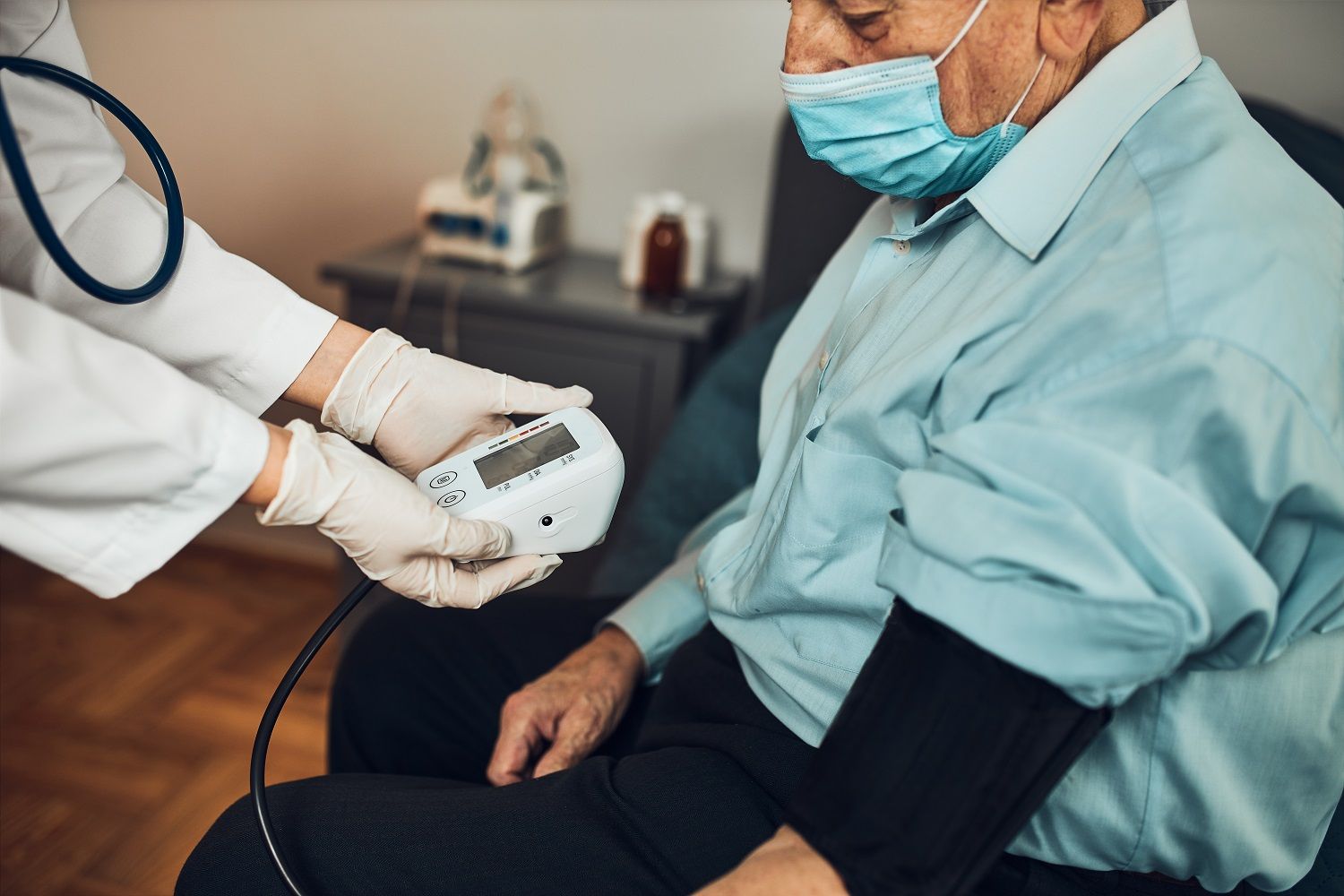
What Symptoms Are Linked to Carotid Artery Disease?
It’s not easy to exhibit any symptoms during the early stages of carotid artery disease. In fact, the condition can easily go unnoticed until the brain is deprived of blood, leading to a stroke or transient ischemic attack (TIA).
TIA occurs when a clot or low blood flow briefly blocks the artery that takes blood to the brain. This is the reason why you might feel similar symptoms as a person who has a stroke. The good news is that these symptoms don’t last long. If the symptoms continue, then it’s a stroke. Common symptoms of TIA or a stroke usually include:
- A tingling, weakness, or numbness on one part of the body (one side from the face, arm, or leg)
- Unexpected blurred vision, loss of vision, or difficulty seeing with one eye or both
- Sudden confusion and/or dizziness
- Speaking difficulties or aphasia
- Sudden loss of movement, balance, or lack of coordination
- Unexpected severe headache, fainting, or dizziness
- Memory loss problems
- Swallowing difficulties
- Slurred speech
If you or your loved one shows any of these symptoms, be sure to go to a doctor right away. A stroke or TIA is considered a medical emergency since it’s not easy to tell if it will progress into a full-blown stroke. If this happens, it can lead to brain damage since brain cells die when they lack oxygen, even for a few minutes. Seeking immediate treatment can save a life and increase the patient’s chance of recovering fully.
The effects of stroke will vary depending on the size and area of the brain that experienced the blood flow loss problem. This includes issues with:
- Bladder or bowel function
- Eating
- Emotional control
- Moving
- Other essential body functions
- Remembering
- Speaking
- Thinking
Some carotid artery disease symptoms resemble signs of other health conditions, so do not hesitate to see a vascular physician for a detailed diagnosis and treatment.
Disclaimer-The contents of the Pinnacle Vein and Vascular Center site, such as text, graphics, images, and other material contained on the PVVC site (“content”) are for informational purposes only. The content is not intended to be a substitute for professional medical advice, diagnosis, or treatment. Always seek the advice of your physician or other qualified health provider with any questions you may have regarding a medical condition. Never disregard professional medical advice or delay in seeking it because of something you have read on the Pinnacle Vein and Vascular Center site.
